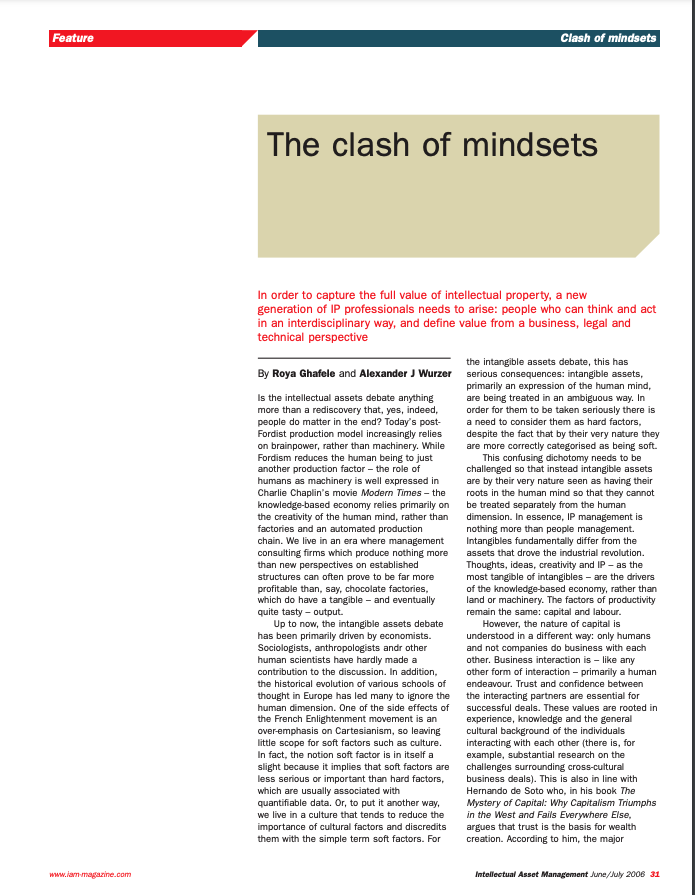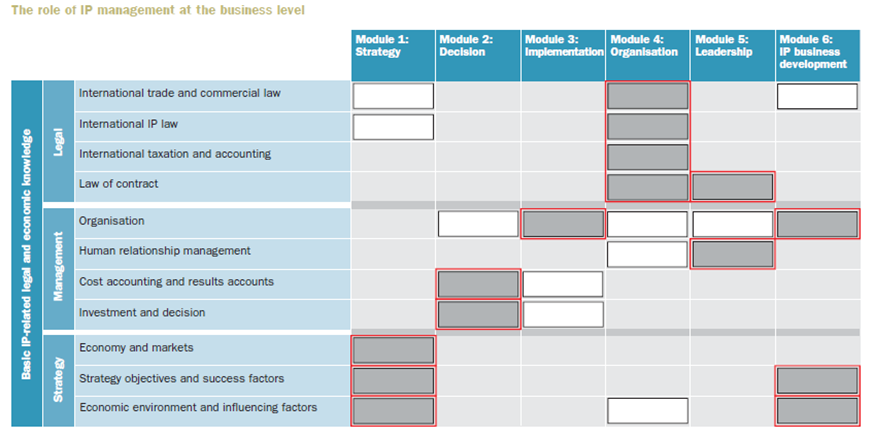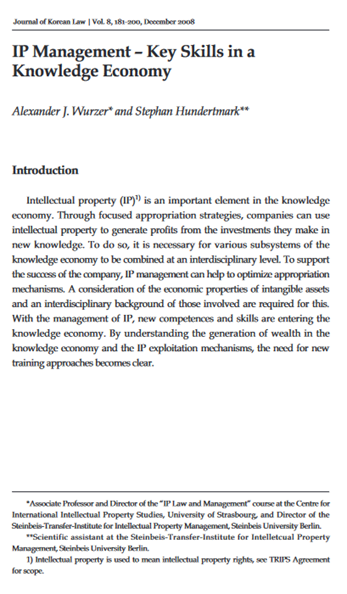Dr. Alexander Wurzer is Professor of IP Management👉 Strategic and operative handling of IP to maximize value. at the University of Strasbourg at the Supranational Institute for Research and Training in Intellectual Property👉 Creations of the mind protected by legal rights.. He founded the Master’s degree in IP Management and has been its director since 2008.
Since 2019, Prof. Wurzer has also been in charge of the university diploma course in IP Business Administration, which is successfully carried out worldwide as fully digitized distance learning. The courses are carried out jointly with the European Patent👉 A legal right granting exclusive control over an invention for a limited time. Office and the academic degrees are awarded jointly with the EPO. He works with lecturers from all IP5 countries: USA, Japan, Korea and China in his courses.





